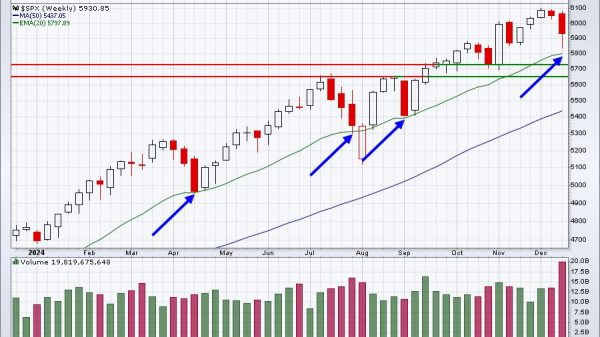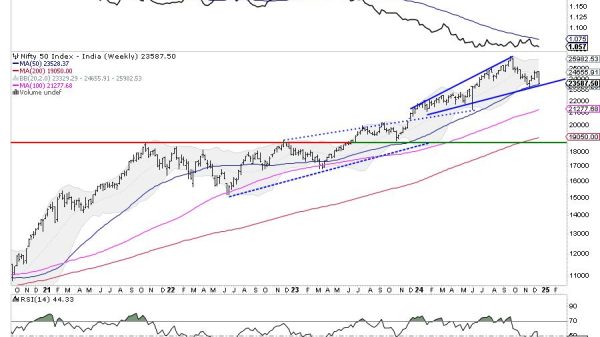Food and drink industry bodies have sounded the alarm over potential carbon dioxide shortages, after one of the UK’s largest suppliers of the gas said surging energy costs were forcing it to pause production.
The US firm CF Industries said soaring natural gas prices meant it would have to “temporarily halt” activity at its remaining UK ammonia plant, which creates CO2 as a byproduct.
The plant in Billingham, Teesside, accounts for nearly a third of the UK’s supplies of the gas, which is essential to industries ranging from beer to meat to fizzy drinks and is also used in hospitals and as a coolant in nuclear power plants.
Meat processors, brewers, bakers, farmers and soft drink producers all use CO2 in producing their goods and packaging them in inert gas to keep them fresh. It is also required for the stunning before slaughter of animals including pigs and chickens.
CF Industries said the shutdown was the result of tough market conditions, noting that current prices for natural gas used in the process were “uneconomical” after rising to twice the level they were a year ago. It expects prices to continue rising in the months ahead.
The UK experienced a crisis in CO2 last September, when high energy prices combined with annual maintenance shutdowns brought UK production to a near halt. The government was forced to use taxpayer money to fund a three-week bailout for CF Industries to stave off supply chain chaos, before brokering an emergency deal with the company.
The US firm previously accounted for 60% of the UK’s CO2 supplies until it permanently shut another of its fertiliser plants at Ince in Cheshire earlier this summer, a move that has already heaped pressure on industries that rely on the gas.
Nick Allen, the chief executive of the British Meat Processors Association, said the closure of the Cheshire plant made UK firms even more vulnerable to domestic supply shocks, and had sent them searching for overseas sources. However, producers in countries including Italy and Germany have also cut production, forcing firms to compete for more limited supplies across Europe.
“Whilst we are in a much better position now than we were a year ago, if CF Industries follows through on its threat to close Billingham, the British meat industry will have serious concerns,” Allen said. “Without sufficient CO2 supplies, the UK will potentially face an animal welfare issue with a mounting number of pigs and poultry unable to be sent for processing.”
The British Beer and Pub Association said a new shortage would also heap extra pressure on its own members who are struggling to cover surging costs. “The timing of this news couldn’t be worse as our pubs and brewers are already dealing with severe headwinds and pressures on their supply chain,” the association’s chief executive, Emma McClarkin, said.
She called on the government to take action. “Our pubs and brewers are between a rock and a hard place and waiting even a few weeks for the government to act could be too long. We need a sustainable plan for the supply of CO2 to our industry and urgent help with rising energy bills for businesses before they’re forced to close their doors.”
The government issued a statement on Thursday morning urging the industry to do more to meet demand. “Since last autumn, the CO₂ market’s resilience has improved, with additional imports, further production from existing domestic sources and better stockpiles,” a spokesperson said.
“While the government continues to examine options for the market to improve resilience over the longer term, it is essential industry acts in the interests of the public and business to do everything it can to meet demand.”
CF Industries said it had notified customers who buy CO2 about the “impending temporary halt” in production, but said it had not yet settled on an exact date for the shutdown or how long it might last.
“At this time, CF Fertilisers UK do not anticipate any impact on employees regarding this announcement given the substantial level of activity that will continue to occur at Billingham,” the company said.
Read more:
UK food and drink sector sounds alarm over CO₂ shortage as plant halts output
























